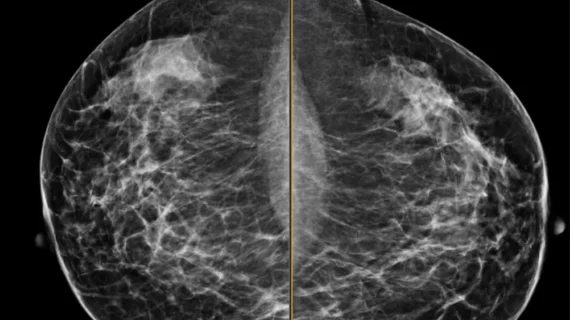Healthcare groups push for extension of mandate that guarantees coverage of annual mammograms
Multiple patient advocacy groups and healthcare organizations, including the American College of Radiology (ACR) and Society of Breast Imaging (SBI), are asking Congress to extend a federal mandate that requires insurance companies to fully insure annual mammograms for women 40 years old and older.
The mandate is scheduled to end Dec. 31, 2017, and would allow insurers to base their coverage decisions on the most recent U.S. Preventive Services Task Force (USPSTF) breast cancer screening recommendations. The recommendations caused a lot of debate when first announced because biennial screening for women ages 50-74 was given the organization’s highest rating.
“If Congress allows mandatory mammography insurance coverage to lapse for women 40 and older, many won’t be able to afford to get mammograms,” Debra Monticciolo, MD, chair of the ACR Breast Imaging Commission, said in a prepared statement. “Screening rates will drop. More women will die, and the gains we have made against breast cancer may evaporate.”
“Annual mammography use cuts a woman’s risk of dying from breast cancer nearly in half,” Elizabeth Morris, MD, president of the SBI, said in the same statement. “That is a tremendous step forward in breast cancer care that should not be cast aside. Lawmakers must ensure that women retain coverage for this lifesaving exam.”
More coverage of the USPSTF recommendations can be found here. An interview with USPSTF Chair Kirsten Bibbins-Domingo, PhD, MD, can be read here.

